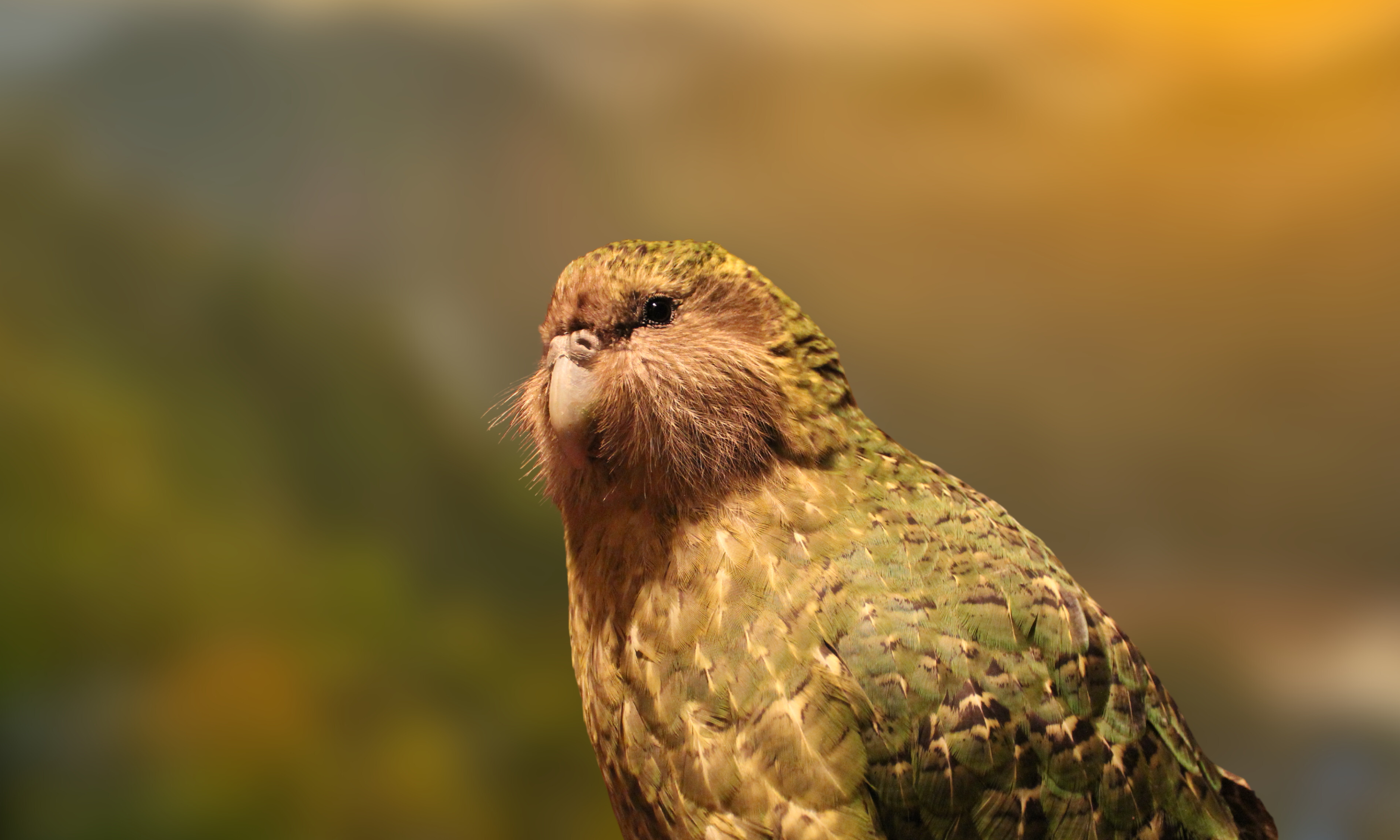New Zealand is racing to protect its critically endangered birds, including the kākāpō, from the deadly H5N1 avian influenza before migratory seabirds potentially introduce the virus. With fewer than 250 kākāpō remaining, even a single outbreak could be catastrophic.
In a world-first trial, the Department of Conservation vaccinated up to 10 captive birds from five species with fewer than 500 individuals. Using a licensed poultry vaccine, four species developed strong antibodies lasting at least six months, offering hope for safeguarding captive breeding populations and future wild releases.
Timing is crucial. “If we start too soon, we’re going to lose that antibody… but if too late, we might miss the crucial moment,” says wildlife veterinarian Kate McInnes.
Globally, similar emergency vaccination efforts have been rare. The US, for example, inoculated over 200 California condors after an H5 outbreak killed 21 in 2023. Experts caution that incomplete vaccination or evolving virus strains could reduce effectiveness, but consensus is that vaccinated birds fare better than unvaccinated ones.
The next step in New Zealand is developing a careful deployment strategy for the spring migration to maximize protection while minimizing stress to the birds.



